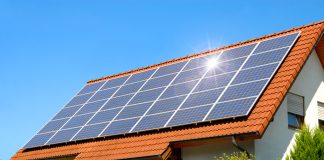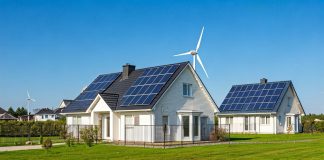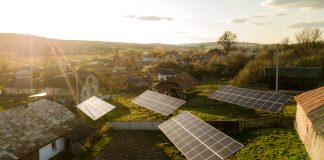SERENE is a holistic project that investigates technical and socio-economic solutions in forming local energy systems.
The objective of the SERENE project is to decarbonise local energy systems through optimal integration of multi-energy carriers and applying smart control to ensure as much self-supply as possible and, at the same time, contribute to the balancing of the overall energy system and ensure the local hosting capacity of the grids.
Doing this will pave the way for increasing the use of renewable energy to enhance the environmental, social, and economic conditions of the citizens in the local area.
How the SERENE project will decarbonise local energy systems
SERENE will pioneer sustainable local energy systems by activating locally available distributed generation, demand response resources, energy flexibility, and energy storage technologies in various energy domains, such as electricity, heat, water treatment, and transport, and focusing on attractive citizen-centred business models and local economies.
The project will also innovate smart technological, socio-economic, institutional, and environmental solutions to manage integrated local energy systems and networks. These will employ larger quantities of renewable energy and actively utilise consumer engagement across three EU countries.
Additionally, SERENE’s innovations will be replicable, meaning they can be used in other energy communities across Europe and globally.
The overarching goal of the project is to develop three locally integrated ‘energy islands’ at three demonstration sites in Skanderborg (Denmark), Olst (Netherlands), and Przywidz (Poland).
The findings from these energy islands will be scrutinised for their replicability, and technical benchmark models and solutions will be developed alongside business models, which will be evaluated concerning the specific challenges identified by the countries involved.
SERENE project partners
The project consortium consists of 13 partners from 3 EU countries, led by Aalborg University, Denmark. These are and have the following competences:
| Partner | Logo | Country | Competences |
| Aalborg University | 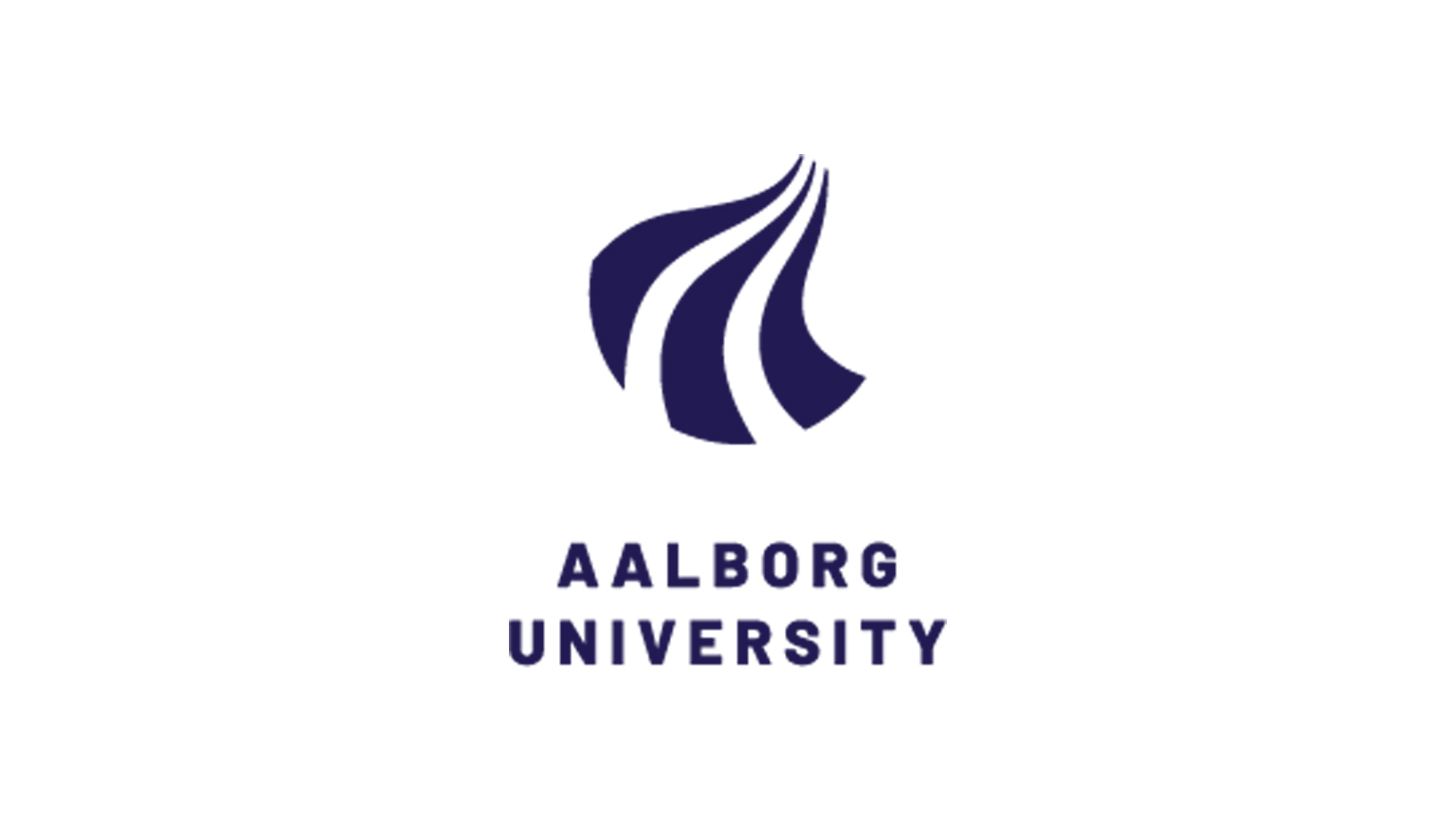 |
DK | · Project management
· Development of the technical framework, models for energy system components and integrated systems · Demand response schemes · Distributed control and evaluation of local multi-carrier energy systems · Benchmark technical and non-technological solutions for local integrated energy |
| Neogrid |  |
DK | · Developing, implementing, and demonstrating the controllers for heat pumps, district heating systems, PV, storage, and EV’s
· Brings its field experience into the project and other WPs, on a metering/control platform to create intelligent energy controllers for future electricity and heating systems. |
| AURA | 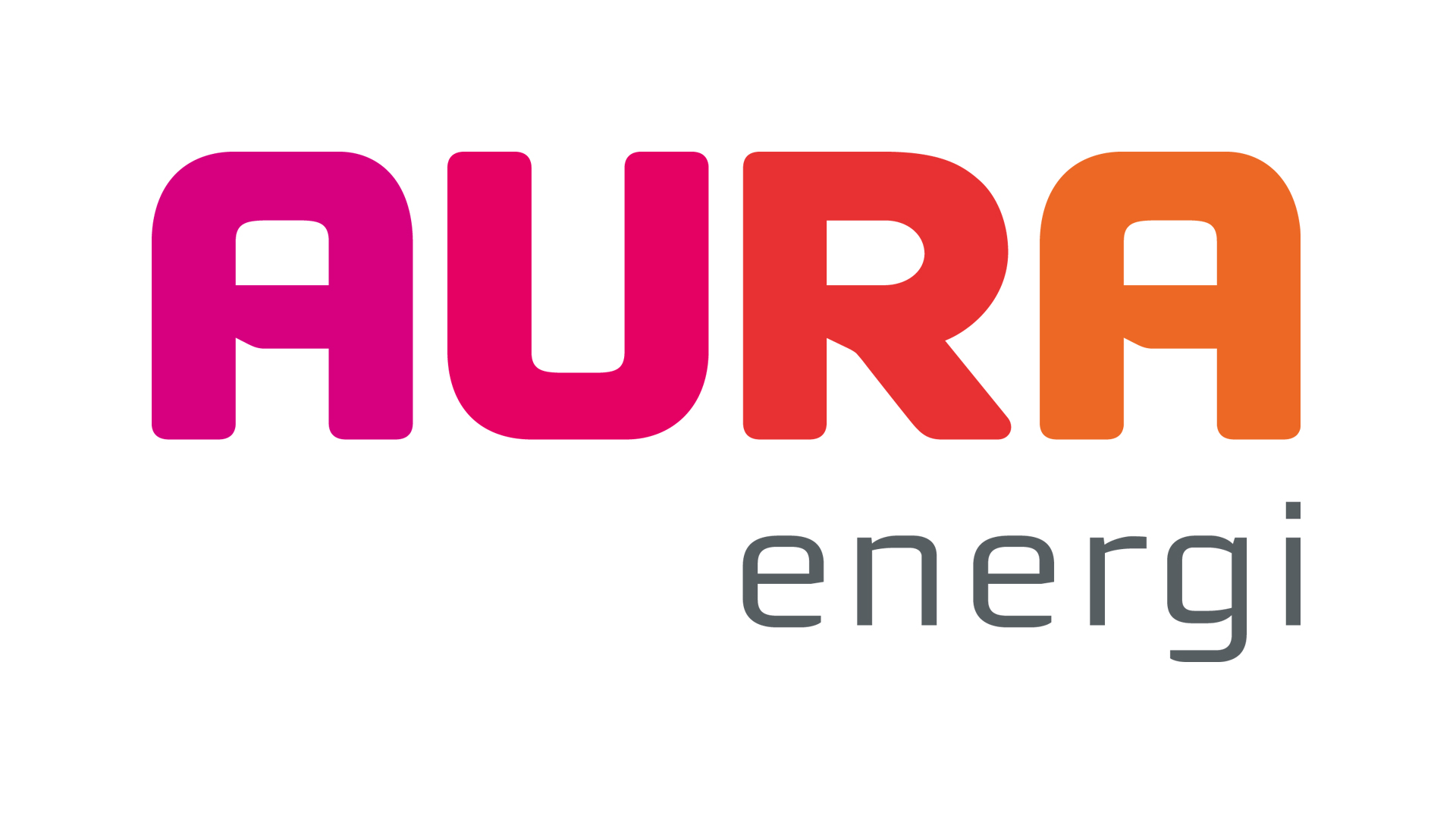 |
DK | · Dissemination and replication activities for promoting RES energy systems within the municipality area.
· Support the grid interaction studies and administer the grid integration of the smart local networks of the integrated energy communities involved in the four Danish demonstrators. |
| Skanderborg Municipality | 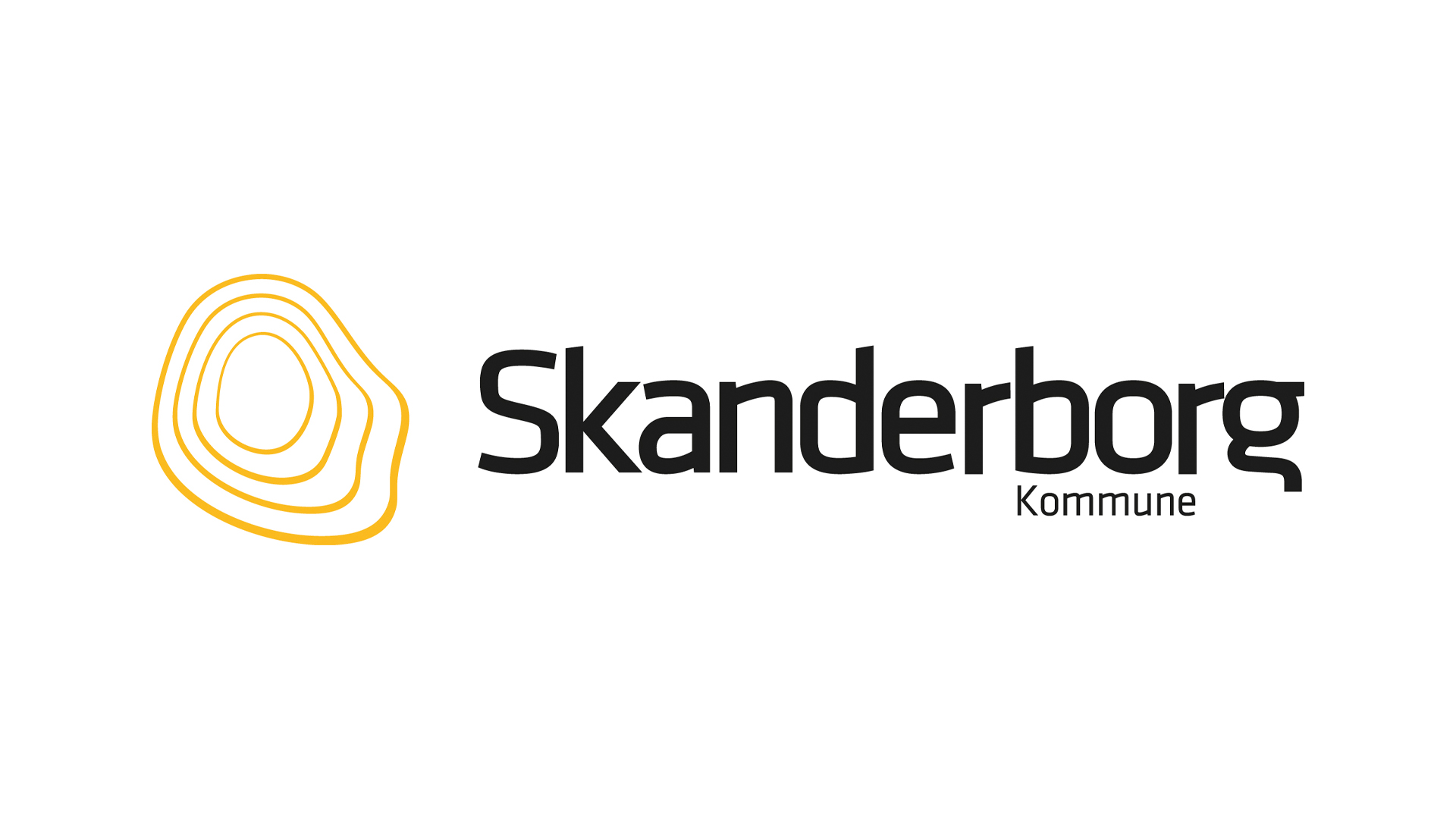 |
DK | · Enable and support the demonstration and innovation actions in the integrated community energy demonstrator in Denmark
· Facilitates active stakeholder and citizen participation · Replication in other parts of the municipality · Contribute with data, institutional knowledge, and implementation of various models/tools from the project at the pilot · Communicating the results and methods to the local community and to other municipalities and relevant business networks. |
| Hans Bjerregaard Consulting |  |
DK | · Ensures active management and organisational support to the scheduled dissemination and exploitation tasks of the project in various sustainable energy-related business events and networks, BRIDGE initiatives, and other project consortiums. |
| University of Twente |  |
NL | · Social, economic assessment and impact assessment)
· Contribution in the technical part with a focus on modelling and distributed control concepts and algorithms for multi-carrier decentralised energy systems · Supports the local demonstrators in the Netherlands. |
| Saxion University of applied science | 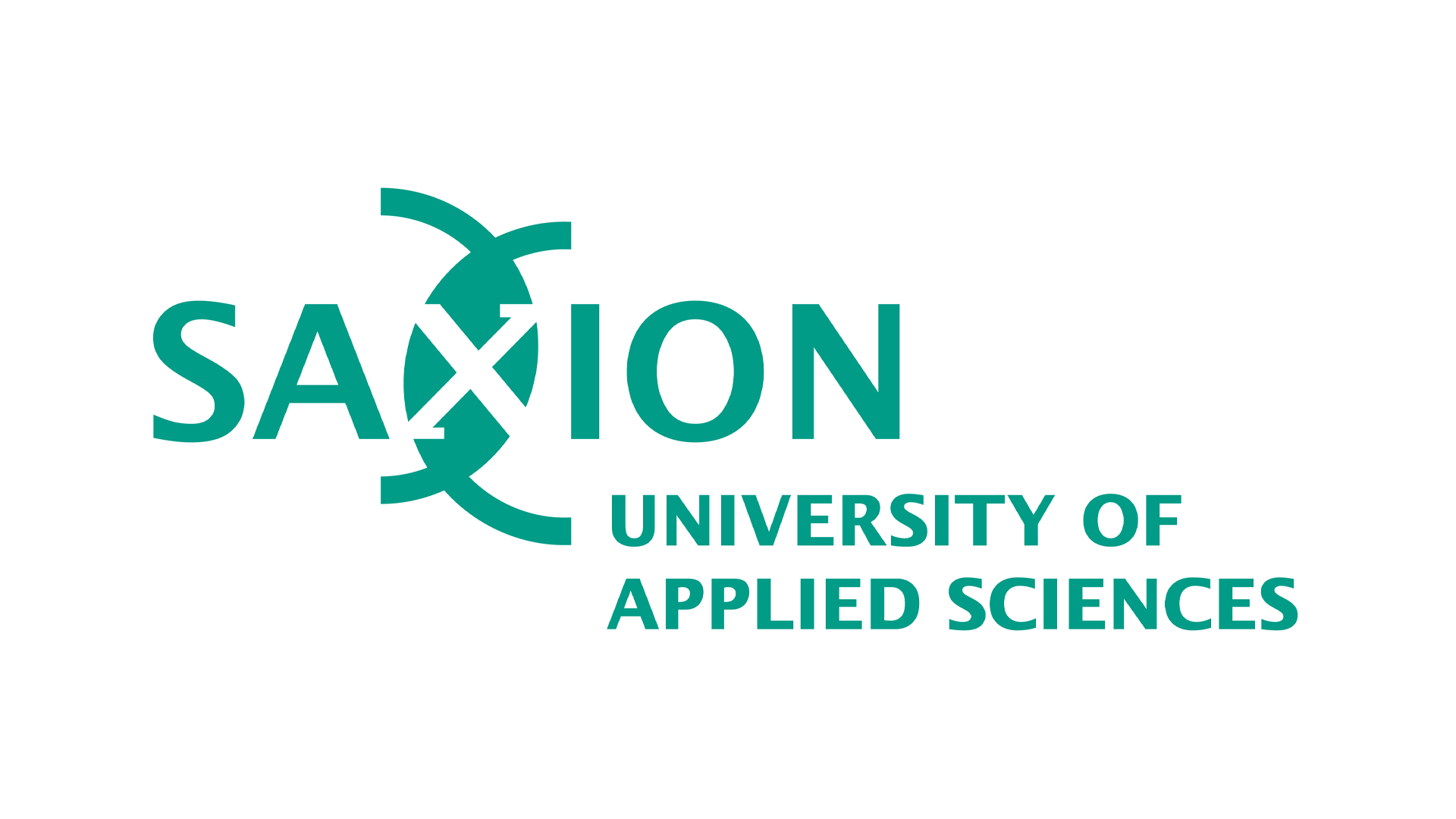 |
NL | · Leading partner for the Olst demonstration.
· Development of the user-interface (web-based) and performing applied research based on data analysis and inputs from the citizens to develop the most suitable website for data monitoring and user control features. · Back-end ICT for data acquisition of the e-boilers · Development of back-end interfaces for the heat pumps and other equipment together with Loqio. · Applied research into business models. |
| Loqio |  |
NL | · Home and grid energy management systems to interface with control home appliances, PV, wind, storage, grid, and EV charging systems
· Provide relevant data from the homes and grid · Apply developed models and algorithms to control relevant appliances such as heat pumps · Interface with DEMkit software, models and algorithms and user interfaces · Performs data management and analysis and energy storage control. |
| Vereniging Aardehuis | 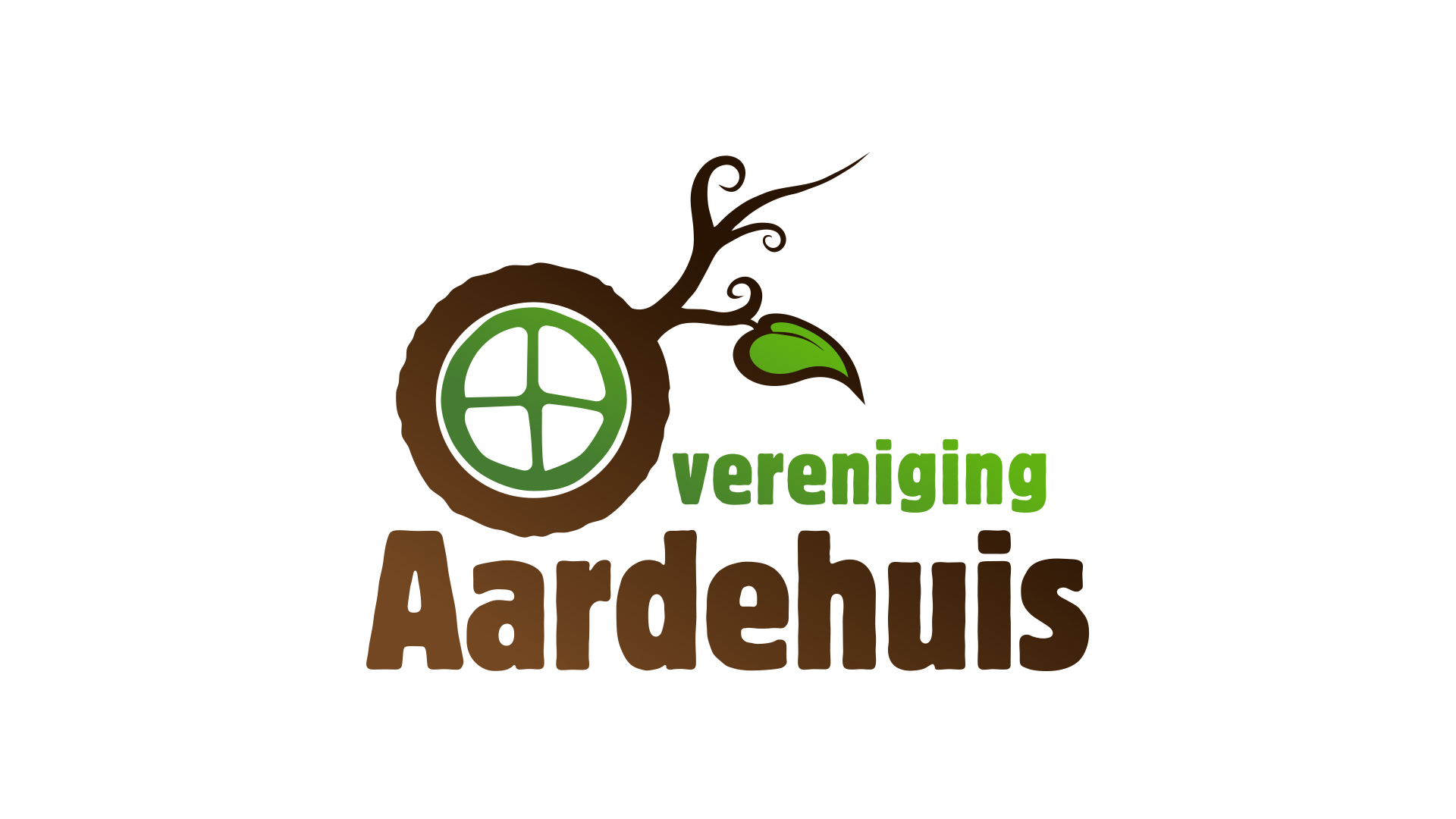 |
NL | · Co-design, co-install, co-test, and fully support the implementation of the smart grid technology developed by UTE, LOQ and SAX.
· Organise knowledge-sharing meetings and workshop · Provide reports on interviews with the citizens of the community · Input for the research and development of business models and business cases. |
| Institute of Fluid-Flow Machinery Polish Academy of Sciences (IMP PAN) |  |
PL | · Coordinate and manage technical and research activities in municipalities in Poland
· Technical analysis of the local energy complexes · Measurement system concepts and installations · Energy monitoring system · Application development and performance analysis. · Coordinate the implementation of EVs, EV chargers and V2G · In charge of communication and dissemination of the project |
| Energa Operator | 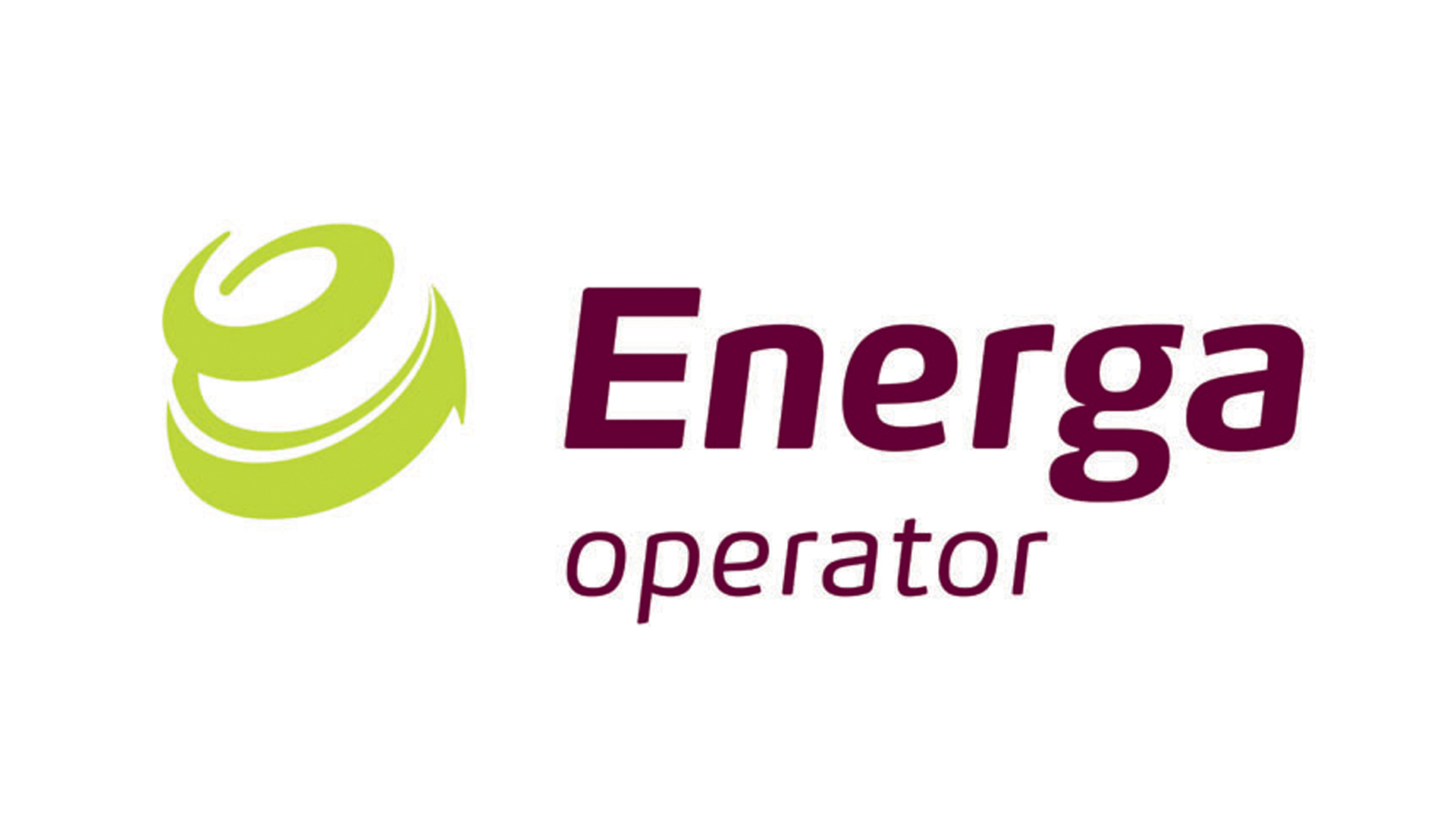 |
PL | · Provide network data for other consortium members
· Pollout smart meters · Improve the level of monitoring LV network (including secondary substation) · Cooperation with partners and the development of new business models for cooperation with local energy communities. · Inputs on control and operation of local active distribution grids |
| STAY-ON Storage Engineering | 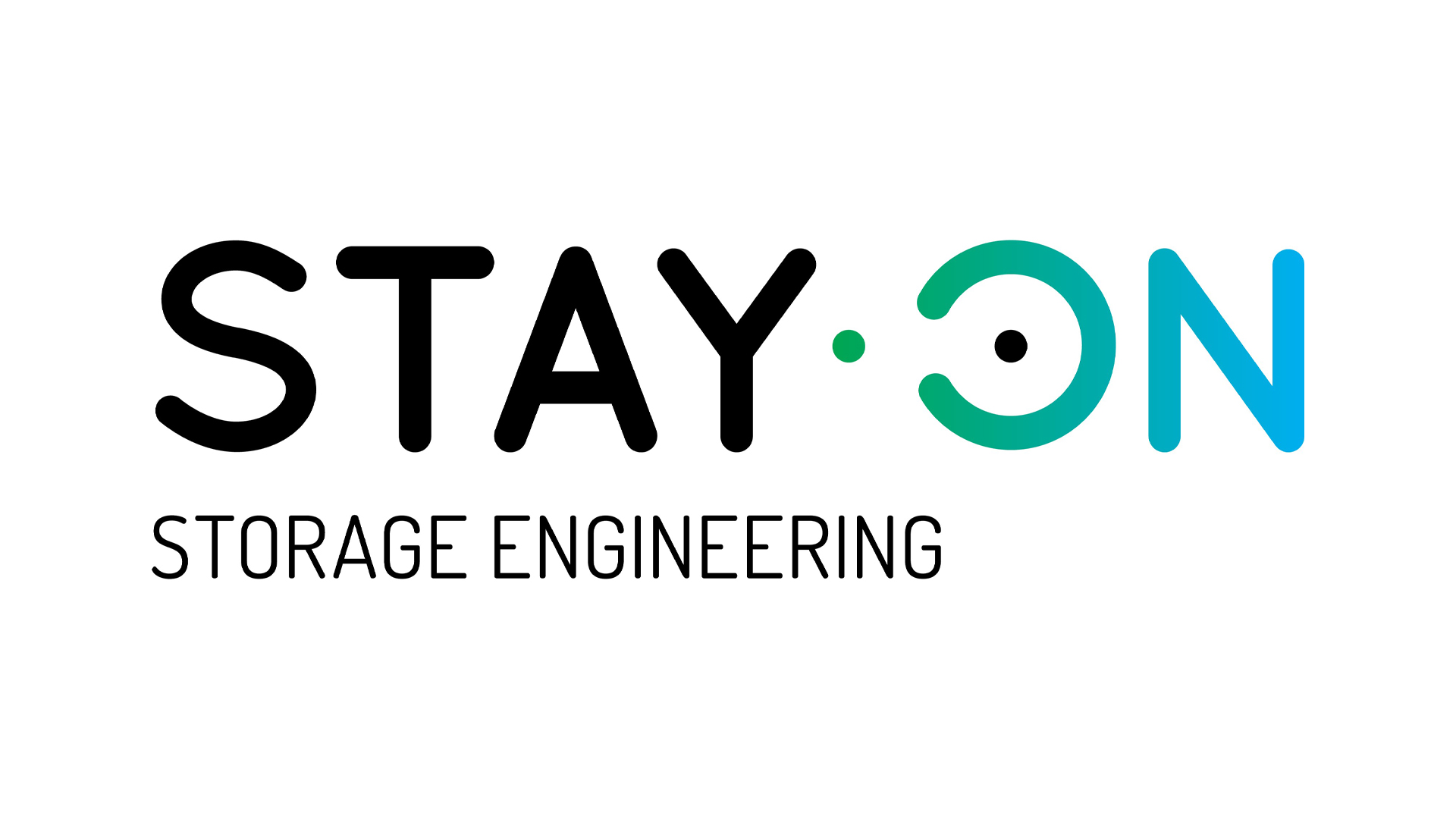 |
PL | · Coordinating and guiding most of the activities related to Energy Storage to be integrated with the Energy Cluster.
· Energy storage system design · VRFB installation and commissioning · Integration with heat pump installation · Energy Management System implementation. |
| Gmina Przywidz |  |
PL | · Data gathering from the municipal buildings
· Contacts with local industry, citizen involvement, and communication. · Selection of potential energy complexes for analysis and future implementation of project results in Przywidz Municipality. · The Przywidz Municipality will provide project partners with all facilities and inputs to socio-economic, policy and business models. |
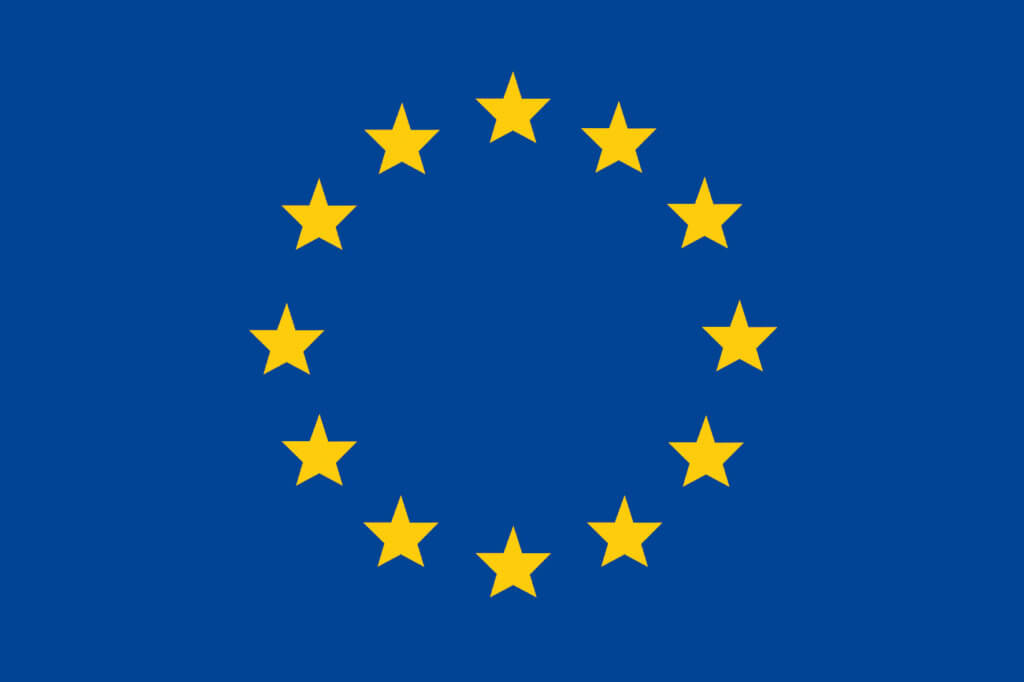
This project has received funding from the European Union’s Horizon 2020 research and innovation programme under grant agreement No 957682


